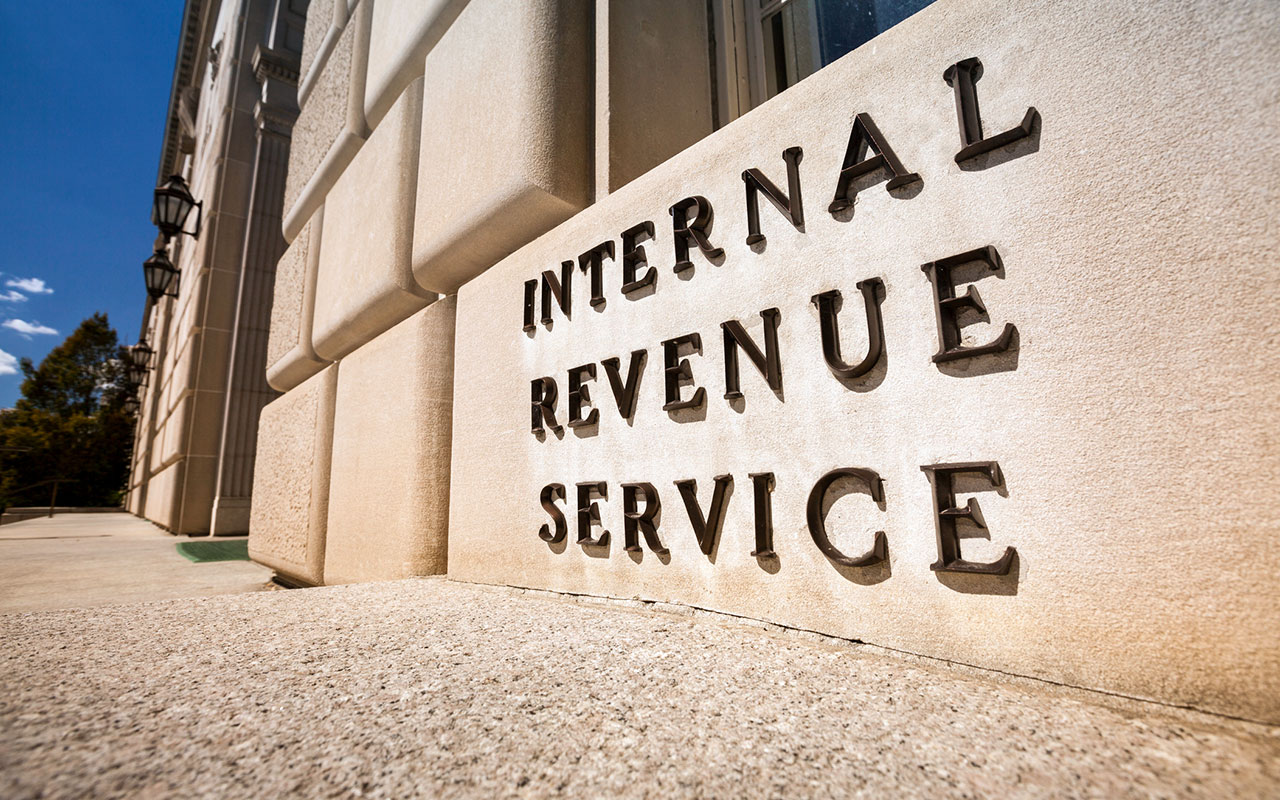
Thousands of businesses looking to revise ERC claims at a discount will now get a second chance, as the IRS recently announced the reopening of its Voluntary Disclosure Program (VDP).
The program, designed to help businesses fix incorrect Employee Retention Credit (ERC) claims without penalties or interest, will run for a limited time through Nov. 22. This second VDP will offer a 15% discount for businesses repaying credits for tax periods in 2021, slightly down from the first voluntary ERC disclosure program’s 20% that ended in March.
During the first VDP, more than 2,600 applications from ERC recipients disclosed $1.09 billion in erroneous credits. This second run could recapture more than $1 billion.
The ERC is a refundable tax credit made available to certain employers who paid employees during COVID-related business shutdowns. As previously reported by Kiplinger, some abusive promotors improperly advertised the ability to claim the ERC to unsuspecting businesses which led to a surplus of errors and ERC fraud.
Here’s what you need to know about the second round of the IRS ERC Voluntary Disclosure Program.
IRS bolsters ERC compliance efforts
The IRS is doubling down on its ERC compliance measures. This time, by delivering up to 30,000 letters aimed at recapturing potentially over $1 billion worth of credits.
Several thousand letters have already been mailed, the IRS noted, with more due to hit mailboxes in the upcoming weeks and into the fall.
Before you check your mailbox, you should know:
- Letters will be delivered to taxpayers who issued claims for the 2021 tax year and some later-filed claims for the 2020 tax year.
- Businesses that receive recapture letters will be ineligible to participate in the ERC VDP for the calendar quarter the letter covers.
According to the IRS, the letters delivered in this round will involve larger claims than those mailed out earlier this spring. That’s because this round will focus on ERC claims filed in 2021. At the time, Congress had increased the maximum ERC from $5,000 per employee per year in 2020 to $7,000 per employee each quarter of the year in 2021.
“This new round of letters serves as another incentive for businesses that believe they received an erroneous Employee Retention Credit payment to come forward and participate in the disclosure program and resolve the matter on more favorable terms," IRS Commissioner Danny Werfel said in a release.
Separately, the IRS has taken additional steps to move forward with ERC, including:
- Sending 28,000 disallowance letters to businesses whose pending claims showed a high risk of being incorrect. These errors could prevent up to $5 billion in improper payments.
- Identifying 50,000 valid ERC claims being moved down the pipeline for payment processing in upcoming weeks. For more information, see Kiplinger's report: IRS Restarts Some ERC Claims Processing.
Bottom line: Businesses should ‘act now’
As Kiplinger reported, the IRS finally lifted its moratorium on ERC claims processing this summer. However, the agency also cautioned that processing ERC claims could take time due to their complexity. Taxpayers were also told not to call the IRS toll-free lines for ERC-related questions, as information was not generally available as processing work continued.
However, the IRS is asking some employers to take action now.
Businesses with pending, unprocessed ERC claims are being asked to consider a separate ERC Claim Withdrawal Program. The program allows employers to withdraw a pending ERC claim with no interest or penalties.
To date, the program has resulted in more than 7,300 entities withdrawing up to $677 million in claims.
Why is the Voluntary Disclosure Program important?
As mentioned, the VDP offers a key break for employers to self-correct errors linked to ERC claims and repay credits they may have received at a discount.
But keep in mind that the program is temporary. That's why the IRS is urging businesses to “act soon” and participate so taxpayers can prevent potential issues such as audits, penalties, full repayment, and incurring more interest.
If you are in doubt, or suspect that you may have filed an incorrect ERC claim, you should talk with a trusted tax professional and see if this program could be a chance to correct the error at a lower cost.







